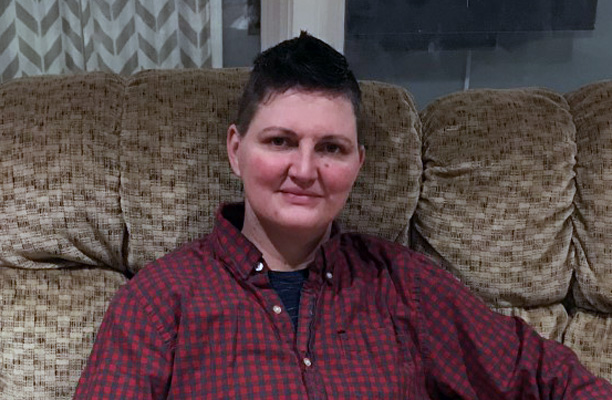
Adopting any child requires personalized, extra-special attention. Adopting a child with medical needs demands even more. But if you have love to give and are willing to make a lifelong commitment, you can change the life of a medically fragile child.
If you don’t have experience dealing with ongoing medical needs, seek out training.
Many caseworkers like to see that people who have not worked with children with medical needs are willing to learn what is necessary to do the job. Taking a CPR class, volunteering at your local children’s hospital or school, or joining online forums about special needs children and adoptions are all great ways to become familiar with the care that a medically fragile child may require.
Don’t go by the children’s paperwork.
If you have any inclination to learn more about a child you’ve seen in a photolisting, get as much recent information about them as you can. Children change so quickly, and the information in their profile might not describe who they are today.
You’ll get a more complete picture of the child by talking with the people in their lives—caseworkers, foster parents, and others—and finally, by meeting them.
Get ready to advocate!
Adopting a child with ongoing medical needs takes a dedicated, fierce advocate. Many of these children do not have a voice of their own and will rely on you to be that voice.
In my family’s case, that has meant doing things like participating in IEP meetings to ensure my children have the proper services and support at school, attending many medical appointments to work with physicians and nurses to find the best food and medications, and even working one-on-one with physical, occupational, and speech therapists to learn how to work with my child outside of their regular therapy time.
Remember, you are not alone!
Your child’s caseworker can help you prepare your home and family and share tips and tricks they’ve learned from other families. Online forums—like Facebook’s “Pediatric Feeding Disorders” group—that bring families parenting children with ongoing medical needs together can be great sources of support.
If you already have children in your family, talk with their pediatrician about medical questions you may have.
Take care of yourself!
There will always be times when things get difficult: a child has a hospital visit due to a medical condition or is struggling in school, or you are seeing some regression.
We all need a break and get overwhelmed sometimes. As much as we love our children, we all need some time away. Take that. Find respite care, a respite center, or a family member who is willing to help out. Taking breaks is the best way to feel rejuvenated and ready to get back to it!